In a strategic move that sent ripples through the tech world, Google recently announced the acquisition of a significant portion of HTC’s Vive VR team for a hefty $250 million. This deal marks another chapter in the ongoing dance between these two tech giants, who previously collaborated on the Nexus phone series and a $1.1 billion smartphone business acquisition in 2017. This time, however, the focus is squarely on the burgeoning world of Extended Reality (XR), encompassing Virtual Reality (VR), Augmented Reality (AR), and Mixed Reality (MR).
Google’s official statement emphasizes the “incredibly strong technical team with a proven track record in the VR space” that will be joining their ranks. While the exact number of employees involved remains undisclosed, it’s clear that Google is not just buying technology, but also the invaluable human capital behind HTC’s Vive VR headsets. This acquisition grants Google access to a wealth of engineering expertise and intellectual property, including patents and software, crucial for accelerating the development of their own XR ambitions.
But what exactly are those ambitions? Google has had a somewhat turbulent history with VR and AR. Remember Google Cardboard? Google Glass? While these projects generated initial excitement, they ultimately failed to achieve mainstream adoption. However, with the growing maturity of XR technology and renewed industry interest (fueled by Apple’s recent entry into the market with their Vision Pro headset), Google seems determined to make a more lasting impact this time around.
This acquisition strongly suggests that Google’s XR strategy revolves around Android. By integrating HTC’s VR expertise and technology with the Android ecosystem, Google can potentially create a more cohesive and compelling XR experience for users across a wide range of devices. Imagine a future where your Android phone seamlessly connects to a lightweight, comfortable VR headset, unlocking immersive gaming, entertainment, and productivity applications. This is the vision that Google seems to be pursuing, and HTC’s Vive team could be the key to realizing it.
What does this mean for HTC?
While losing a portion of its VR team might seem like a setback, HTC has reassured stakeholders that it remains committed to the XR space. The company plans to continue developing its own VR products, including the recently launched Vive XR Elite, a high-end standalone VR headset that has garnered positive reviews. This deal allows HTC to inject a significant amount of cash into its operations while retaining its core XR business and intellectual property. It’s a strategic move that could enable HTC to focus on its strengths and compete more effectively in the evolving XR landscape.
The Bigger Picture: Google vs. Apple (and Meta)
The acquisition also highlights the intensifying competition in the XR market. Apple’s Vision Pro, with its sleek design and powerful features, has set a new benchmark for high-end XR devices. Meta (formerly Facebook) continues to invest heavily in its Oculus VR headsets and its vision of the Metaverse. Google, with its vast resources and Android ecosystem, cannot afford to be left behind. By acquiring HTC’s VR talent, Google is signaling its intent to be a major player in the XR arena, setting the stage for a potential three-way battle for dominance between these tech titans.
Looking Ahead: Potential Benefits and Challenges
This strategic move by Google presents several potential benefits:
- Accelerated Development: HTC’s experienced team can significantly accelerate Google’s XR hardware and software development.
- Improved User Experience: Leveraging HTC’s expertise could lead to more comfortable, user-friendly, and immersive XR experiences.
- Stronger Android Integration: Tighter integration between Android and XR devices could unlock new possibilities for mobile users.
- Competitive Advantage: Gaining access to HTC’s technology and talent gives Google a competitive edge in the rapidly evolving XR market.
However, challenges remain:
- Integration Hurdles: Integrating HTC’s team and technology into Google’s existing structure could present unforeseen challenges.
- Market Uncertainty: The XR market is still relatively nascent, and mass adoption is not guaranteed.
- Competition: Google faces stiff competition from established players like Apple and Meta.
- Privacy Concerns: As with any new technology, addressing privacy concerns related to data collection and user tracking will be crucial.
Google’s acquisition of a part of HTC’s Vive VR team is a significant development in the XR space. It underscores Google’s renewed commitment to XR and its ambition to be a leading player in this emerging market. By combining HTC’s expertise with its own strengths, Google is well-positioned to create innovative and compelling XR experiences for users around the world. However, the road ahead is not without challenges, and it remains to be seen how this acquisition will ultimately shape the future of Android XR and the broader XR landscape.
Only time will tell if this strategic move will pay off for Google and solidify its position in the exciting world of extended reality.

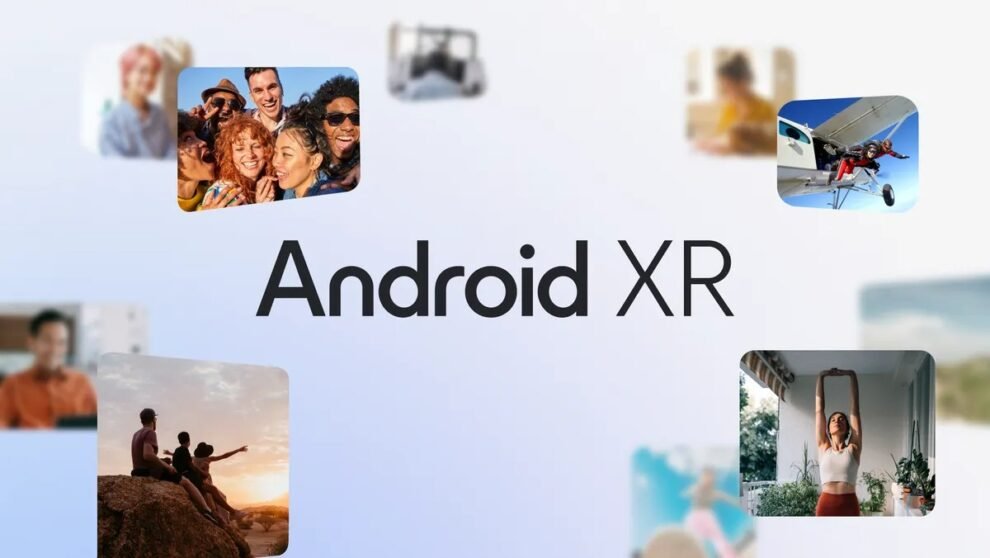
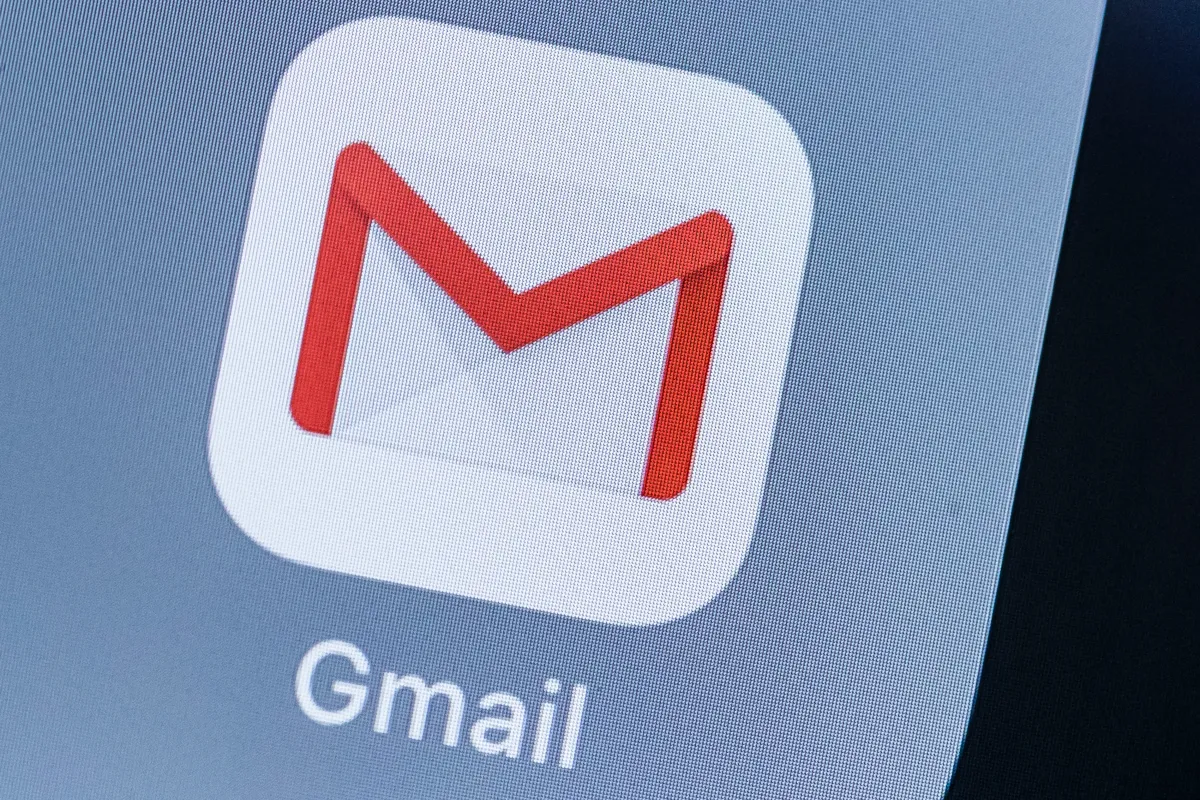

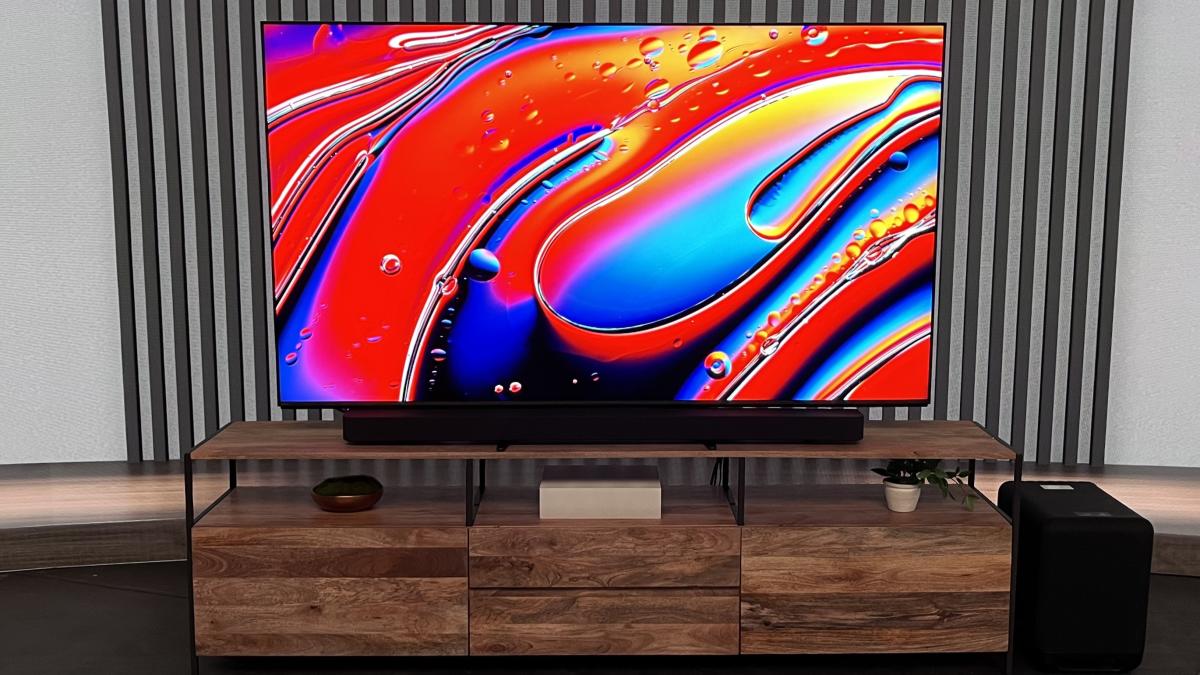
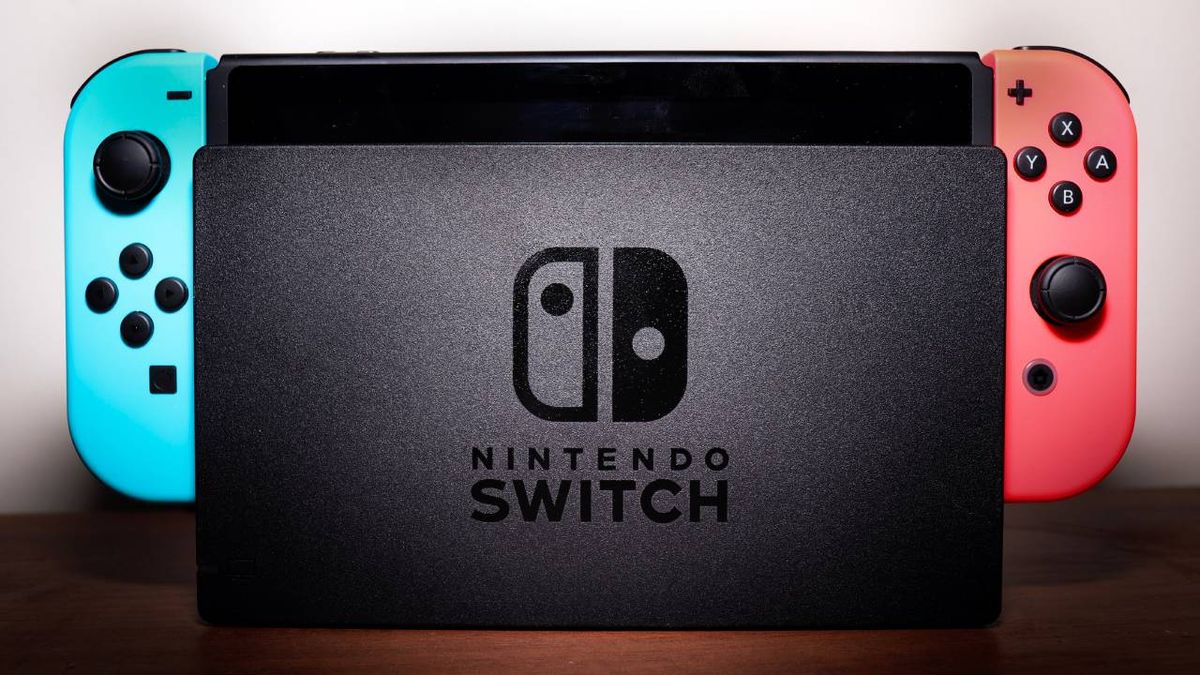
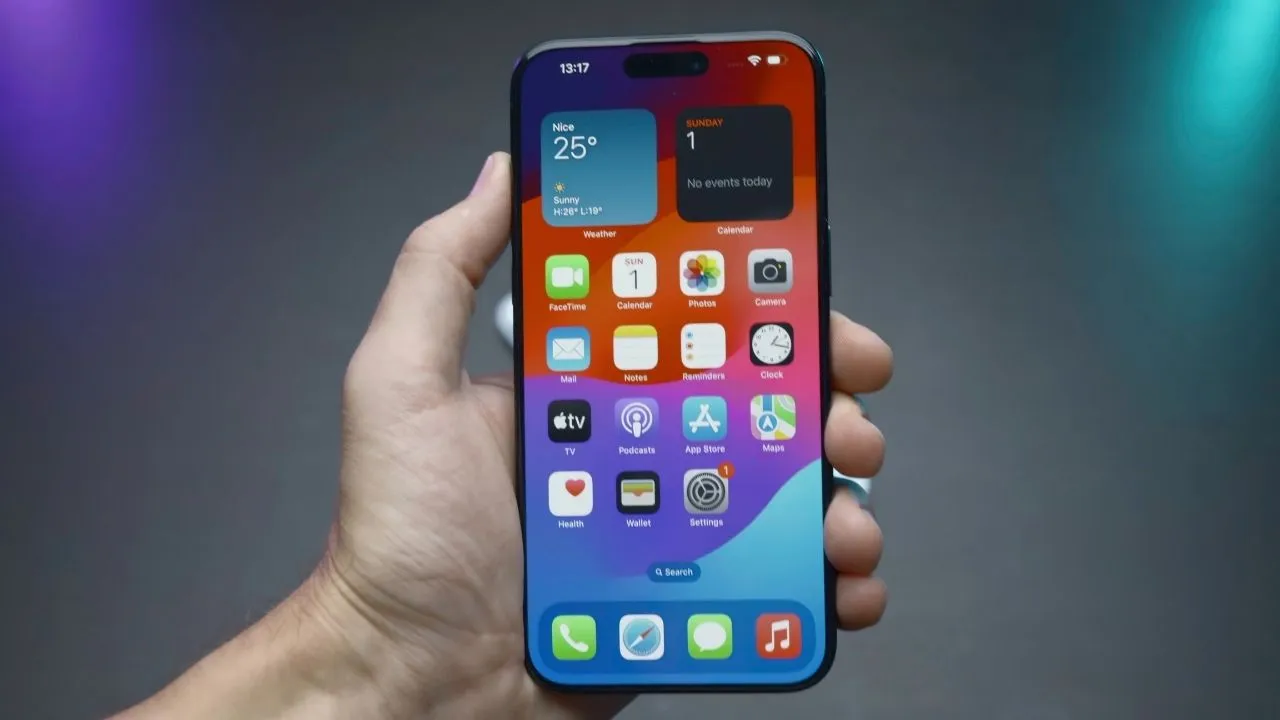

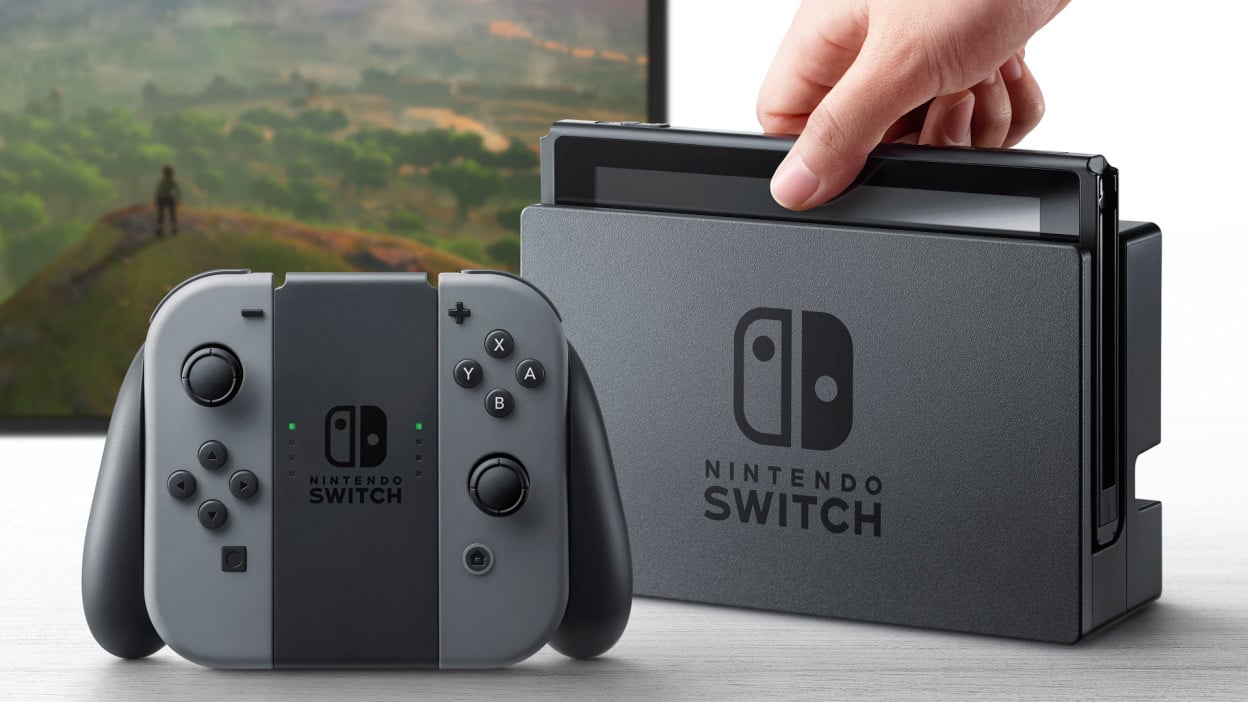
Add Comment